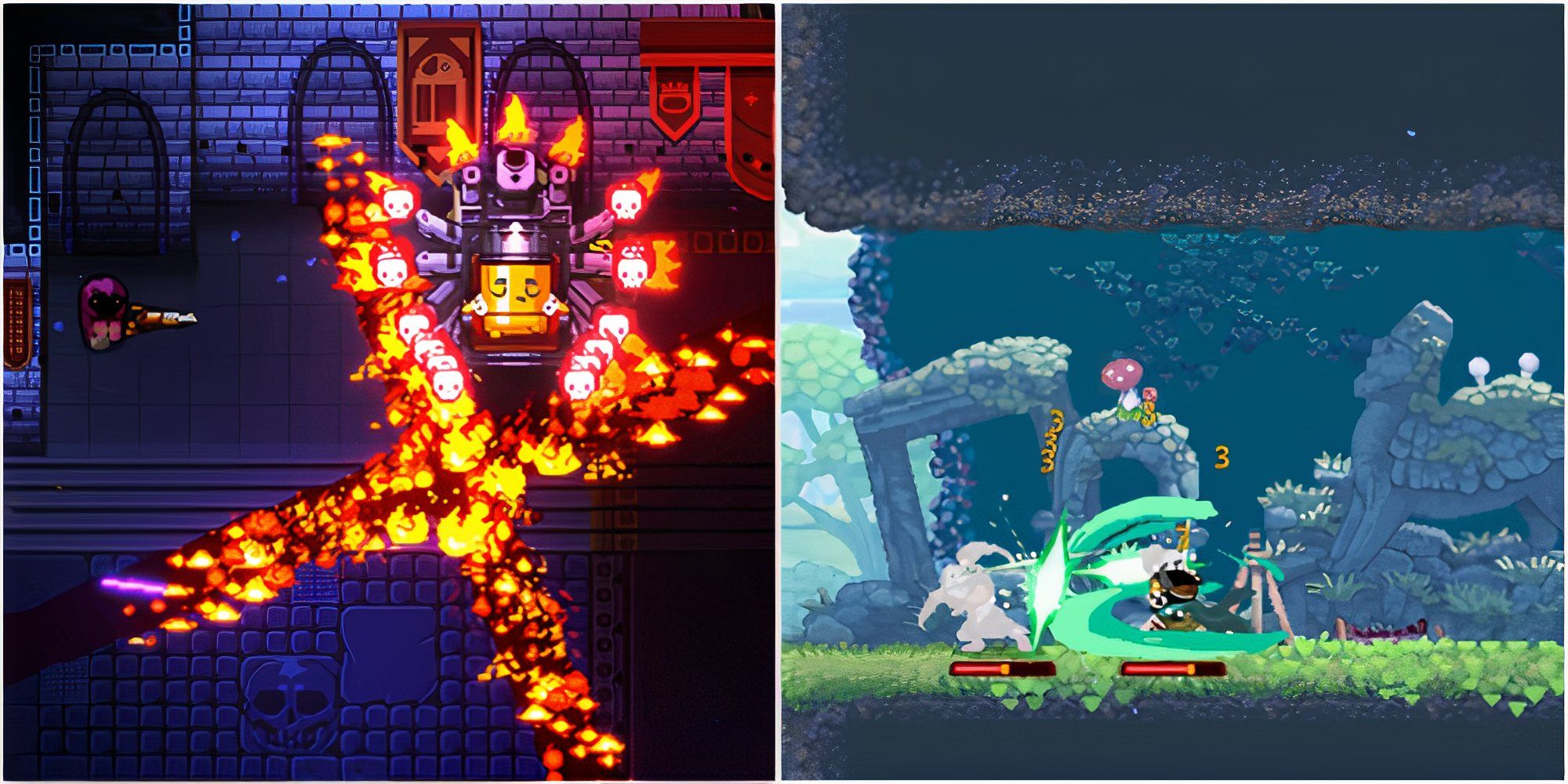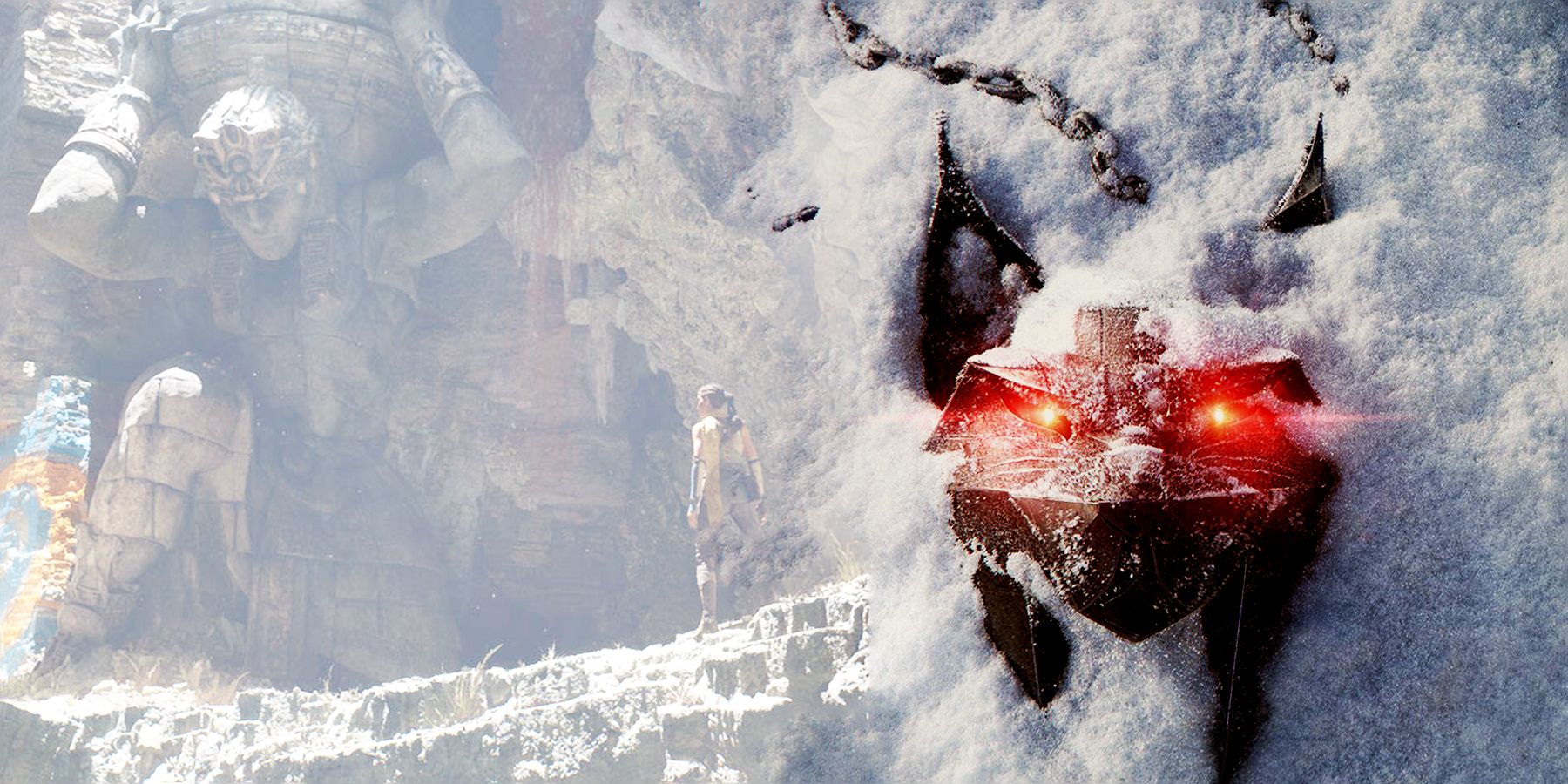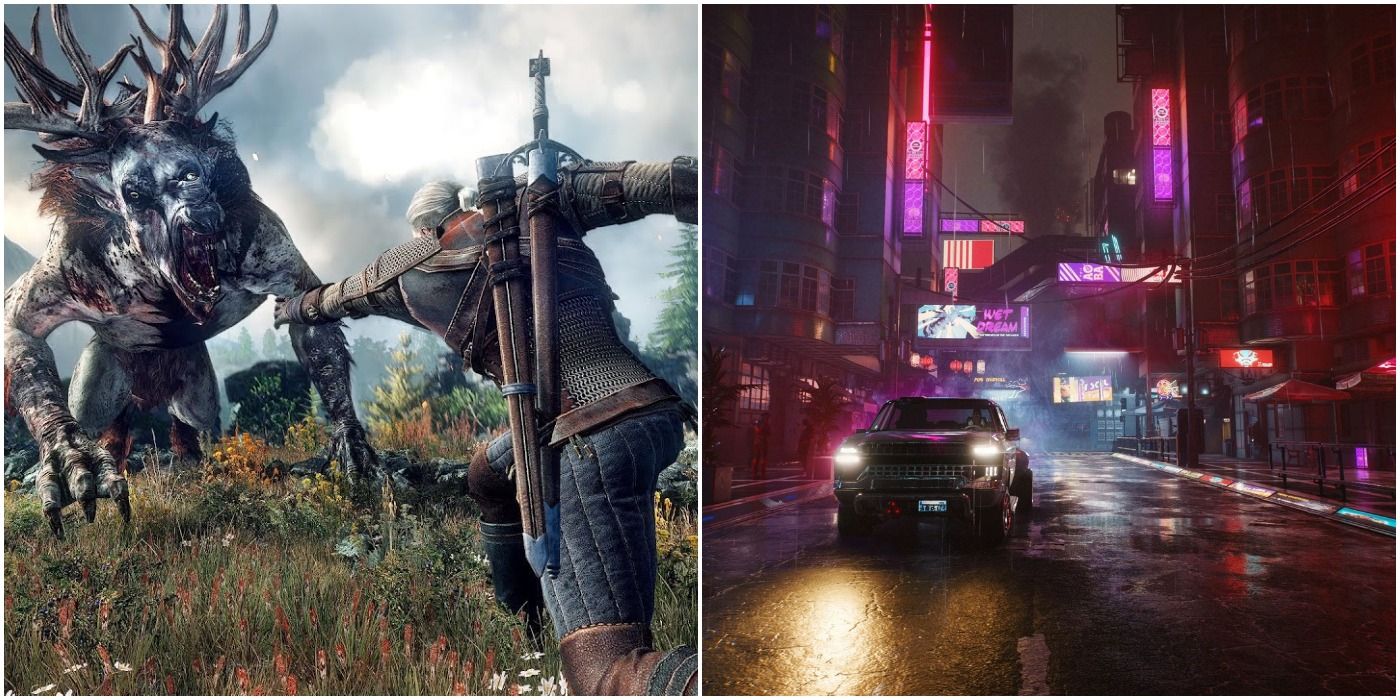Among other announcements during a very busy time for games, CD Projekt Red had its own tease to make. Though the reveal itself was minimal, the Polish game developer has confirmed that a new entry in The Witcher game series is on the way. Set to kick off a "new saga for the franchise," it's unclear how different this new game may be, but fans can expect more from the world of The Witcher coming in the future. As for when, that's tough to say; for many fans, the terrible release of Cyberpunk 2077 still comes to mind when it comes to CD Projekt Red. However, this new entry in The Witcher franchise is making a drastic development change.
Instead of using the developer's proprietary REDengine, this is the first time CD Projekt Red will be moving to Unreal Engine for primary development. This new entry in The Witcher franchise will be developed on Unreal Engine 5, which is very exciting for those familiar with the new technology from Epic Games. Unreal Engine 5 was the first glimpse into a truly next-gen game development engine when the first demo debuted in 2020, meaning the next Witcher game could be just as impressive. That's not to say the REDengine was showing its age in any particular way, but there's likely a far more practical reason for CD Projekt Red to move to Unreal Engine 5.
CD Projekt Red is Moving On from REDengine with The Witcher
CD Projekt Red didn't necessarily need to move on to a new game development engine, at least, from an outside perspective. Both The Witcher 3 and Cyberpunk 2077, even for all the flak the latter game received, were still both visually impressive open-world games. Those two games alone showcased the breadth of potential that was possible with CD Projekt's proprietary technology, capable of powering two vastly different game worlds. Though there are five years between both titles, neither title has aged poorly in the graphical department. That being said, the performance issues varied drastically between both games on release.
Performance issues or capability aren't necessarily influencing the move to Unreal Engine either. The REDengine has proven with both Cyberpunk 2077 on PC on ultra settings, as well as The Witcher 3's Nintendo Switch port, that the engine is perfectly scalable to match all sorts of hardware the game is playing on. Unreal Engine has similar flexibility with its own software, but it's still very impressive for a proprietary game engine CD Projekt Red has been iterating on since 2011 with The Witcher 2: Assassin of Kings. What's more likely are other, more practical factors contributing to The Witcher's swap from REDengine to Unreal Engine 5 instead.
Shifting to Unreal Engine 5 is Likely a Pragmatic Decision
Unreal Engine has quickly become one of the most widely used game development engines throughout the gaming industry, boasting around 7.5 million developers (both AAA and indie) utilizing a version of UE for development. Though UE5 isn't quite as universally used yet, several new AAA games are being developed using Unreal Engine 5. The next entry in The Witcher franchise joins that same crowd, and likely for a good reason; plenty of developers are familiar with Unreal Engine. There's a degree of predictability that developers can expect from Unreal Engine, which could certainly be beneficial for CD Projekt Red, especially after Cyberpunk 2077.
Unfortunately, Cyberpunk 2077 (and even to some extent The Witcher 3, though not nearly to the same degree) had pretty severe performance issues and bugs/glitches at launch. CD Projekt reeled back from the unacceptable release of Cyberpunk 2077, which was certainly not at the fault of the REDengine, but potentailly didn't help when it came to patching and updating the game post-launch. Using Unreal Engine means there's potentially greater support and knowledge of the engine to help solve and avoid performance issues and bugs/glitches preemptively. That can only help CD Projekt Red avoid any similarly drastic issues with the next Witcher at launch.
Even beyond the potential and practical benefits of developing on Unreal Engine 5, CD Projekt Red likely isn't losing any kind of functionality, fidelity, or support by moving to a new engine. Though it may initially slow down development of the next Witcher game, this gives more time for CD Projekt Red to get familiar with the new engine. The end result of that familiarity should hopefully lead to an equally impressive game, devoid of as many performance issues and bugs as possible.
Games like Stalker 2 and Senua's Saga: Hellblade 2 are already showing off impressive visuals and design from Unreal Engine 5, so the potential is certainly there for the world of The Witcher to follow suit. Either way, CD Projekt Red is likely keen to avoid another situation like Cyberpunk 2077 on release, and Unreal Engine 5 may be the vehicle to do that.






